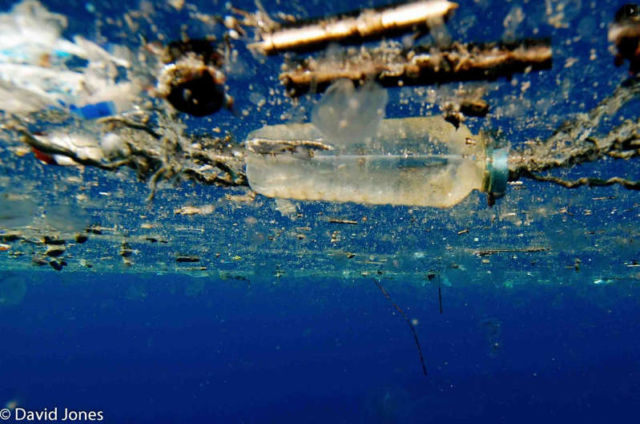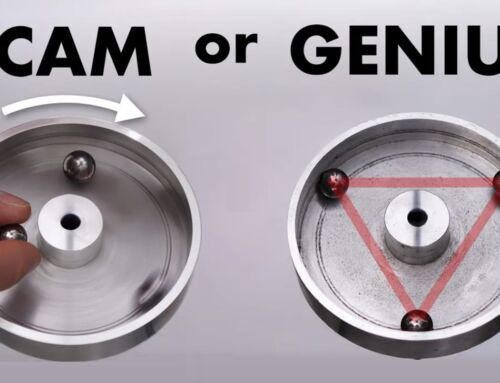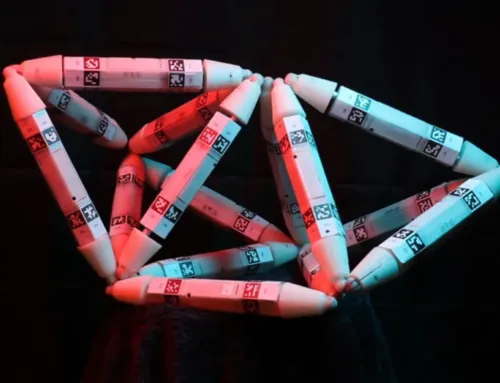Scientists have engineered an enzyme which can digest some of our most commonly polluting plastics.
Plastics take centuries to biodegrade, but new enzyme discovery provides a potential solution to one of the world’s biggest environmental problems.
The discovery could result in a recycling solution for millions of tonnes of plastic bottles, made of polyethylene terephthalate, or PET, which currently persists for hundreds of years in the environment.
@PNASNews #environmentalscience
Video credit:@upixphotography pic.twitter.com/U56vcpMoeW— University of Portsmouth (@portsmouthuni) April 16, 2018
The research was led by teams at the University of Portsmouth and the US Department of Energy’s National Renewable Energy Laboratory (NREL) and is published in Proceedings of the National Academy of Sciences (PNAS).
Professor John McGeehan at the University of Portsmouth and Dr Gregg Beckham at NREL solved the crystal structure of PETase—a recently discovered enzyme that digests PET— and used this 3D information to understand how it works.
source University of Portsmouth






Leave A Comment